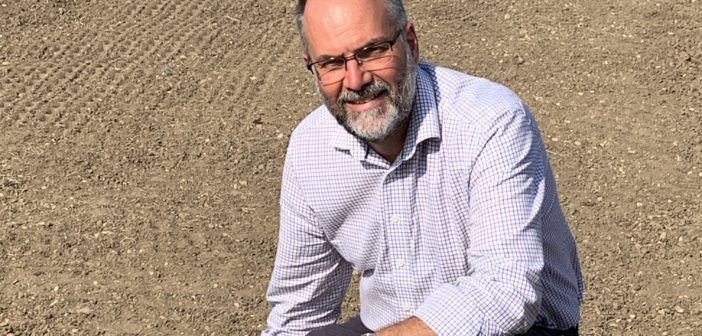With agriculture is currently facing several significant challenges, crop protection business Frontier has is promoting protecting water is one of the industry’s key responsibilities to ensure the long-term availability of crop protection products.
“We have several key active ingredients under the spotlight, including metazachlor, quinmerac, propyzamide, carbetamide, and metaldehyde, which is now under revocation, last legal use 31st March 2022,” said Paul Fogg, Frontier crop production technical lead.
“While a huge amount has been achieved through the Voluntary Initiative and specific stewardship campaigns, such as ‘Get Pelletwise!’ and ‘Metazachlor Matters’, when it comes to pesticide concentrations in raw drinking water supplies, the compliance picture still represents a challenge.
“The industry can ill afford to lose any more active ingredients. The answer lies in driving innovation, developing novel strategies, providing robust evidence, and accepting that we can grow food and manage crops differently,!
To help the indutry in ensuring best practive for continued responsible herbicide use, Frontier has given the following ‘top tips’:
- Check if you are farming in a Drinking Water Protected Area (DrWPA) and associated Safeguard Zone on https://environment.data.gov.uk/farmers/
- Take care when filling and handling pesticides to avoid the risk of “point source” contamination
- Understand the local risk factors such as soil type and condition, slope, drainage systems and weather forecast before applying herbicides this autumn. Strategically placed buffer strips and stewardship margins can help mitigate the impact of surface run-off and drift
- Mitigate the risk of drift by taking extra care near water courses, using low drift nozzles and adjuvants, as well as keeping spray booms low and reducing forward speeds
- Clean sprayers in the field or on purpose-built pesticide handling areas and dispose of all water and washings responsibly
- Proactively engage with catchment specific initiatives aimed at reducing pesticide losses from fields and farmyards




